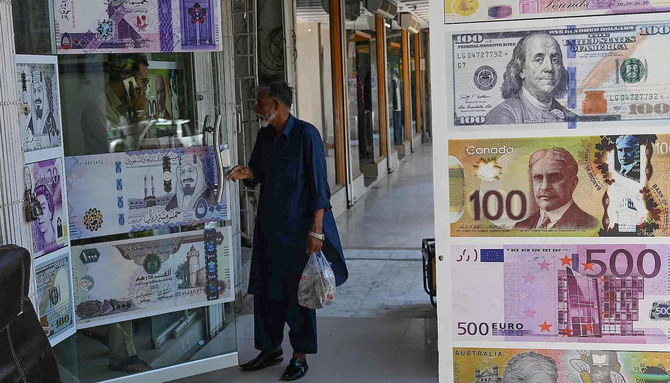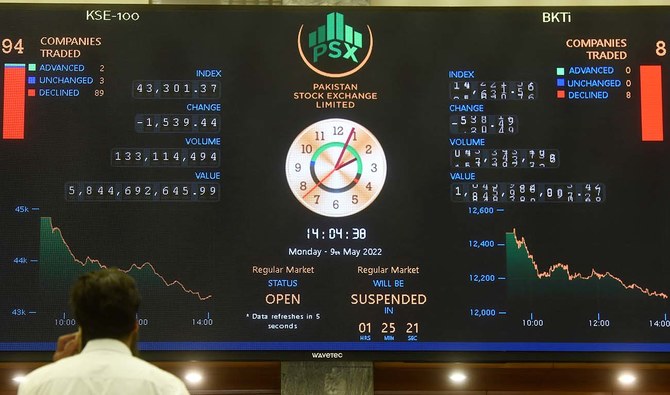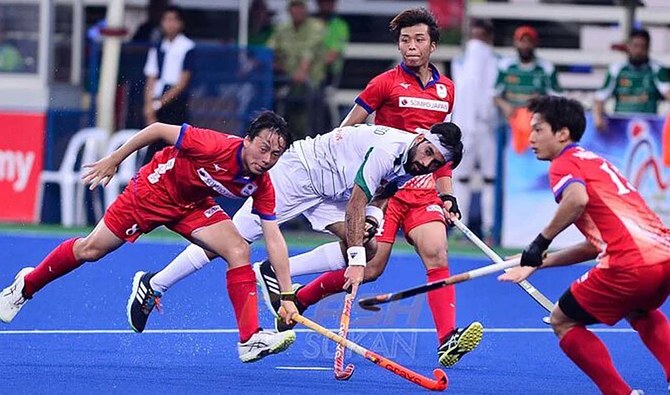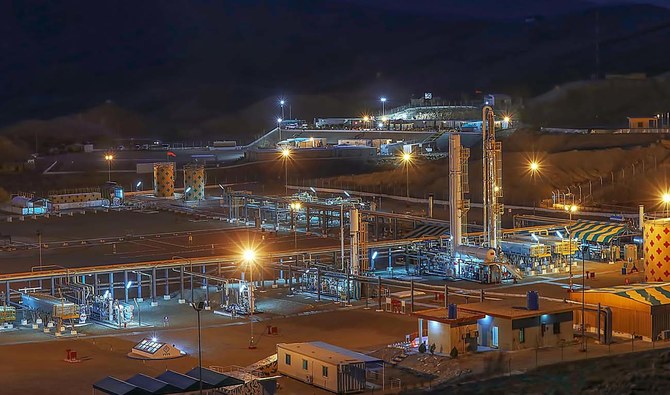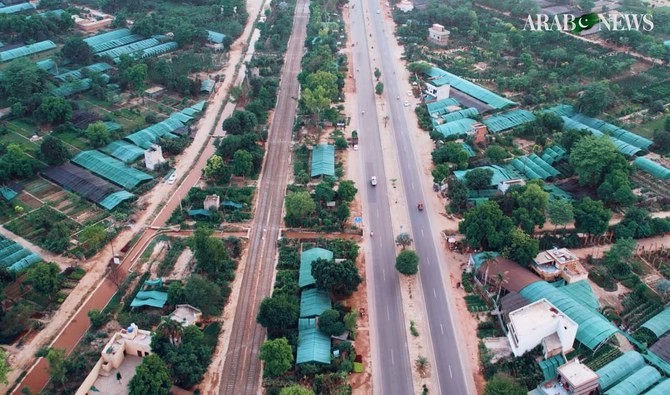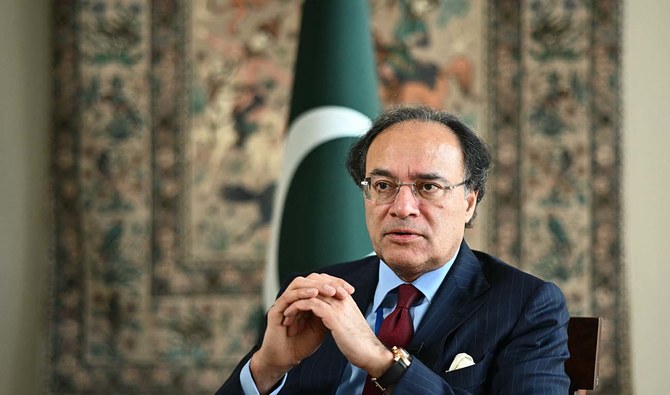ISLAMABAD: Pakistan's army chief, General Asim Munir, has assured business community of fostering "transparency" in the dollar exchange and interbank rates, the Lahore Chamber of Commerce & Industry (LCCI) president said on Sunday, following a meeting between the two sides.
The meeting between the army chief and leading business figures at the army's corps headquarters in Lahore came at a time when Pakistan is grappling with a severe economic crisis, with the national currency at a historic low against the dollar, forex reserves dwindling and inflation hovering above 27 percent.
Representatives of the business community held significant discussions with the army chief over the economic situation of the South Asian country, which barely averted a sovereign default in June by securing a $3 billion bailout deal with the International Monetary Fund.
LCCI President Kashif Anwar apprised Gen Munir of critical issues faced by the public and suggested a number of proposals, including greater control over the rates of the US dollar in both interbank and open markets, to help steer the country out of the economic turmoil, the LCCI said in a statement.
"General Asim Munir responded positively, assuring that money exchanges would be brought under the purview of taxation, fostering transparency in dollar exchange and interbank rates," the statement read.
Last week, Pakistan's rupee fell to an eighth consecutive record closing low, dropping to 305.5 per US dollar.
The rupee lost 0.4 percent as Pakistan eased import restrictions to abide by conditions set under the $3 billion IMF deal and on political instability. Pakistan imposed import restrictions from 2022 to stem outflows from its shrinking foreign reserves.
Anwar pointed out that the disparity between the central bank rate and 'Hundi' rates often led to the preference for Hundi channels when it came to sending remittances. He emphasized that if these rates were aligned, remittances would naturally flow through the State Bank of Pakistan (SBP).
The LCCI president proposed a reduction in income and sales tax rates on electricity bills.
"He noted that the populace grapples with the burden of high taxation on electricity, impacting daily lives, businesses and common people," the LCCI statement said.
"Anwar introduced a pragmatic approach to fuel adjustment charges, advocating for their collection during the winter months when electricity consumption is lower, alleviating financial stress on consumers."
Poverty-stricken Pakistanis have staged several demonstrations and strikes over the last two weeks in protest over the rising costs of living, fueled by the recent hikes in energy prices.
A caretaker administration is currently governing Pakistan, tasked with steering the country through to a national election that is due to take place by November. It is also grappling with acute political tension.
Gen Munir highlighted the pivotal role of the Special Investment Facilitation Council (SIFC), emphasizing its potential to attract of up to $100 billion investments from countries such as Saudi Arabia, the UAE, Kuwait and others to alleviate the suffering of Pakistani people.
To bolster economic decision-making, he revealed the formation of task forces that were focused on economic matters and different sectors.
The outgoing government of Prime Minister Shehbaz Sharif announced in June the formation of the SIFC, aimed at seeking investments in the energy, IT, minerals, defence and agriculture sectors from the Gulf countries
The SIFC, which includes the army chief and other military leaders in key roles, aims to take a “unified approach” to steer the country out of the economic turmoil.
On the occasion, the LCCI president emphasized the importance of an enhanced and sustained interactive dialogue between the business community and relevant authorities.
"Anwar called for a unified commitment from political parties, suggesting the signing of a charter of the economy as a precondition before any upcoming elections," the statement read.
"This gathering exemplified the shared dedication of both the business community and the military leadership to work collaboratively in addressing pressing economic challenges and propelling the nation toward growth."



